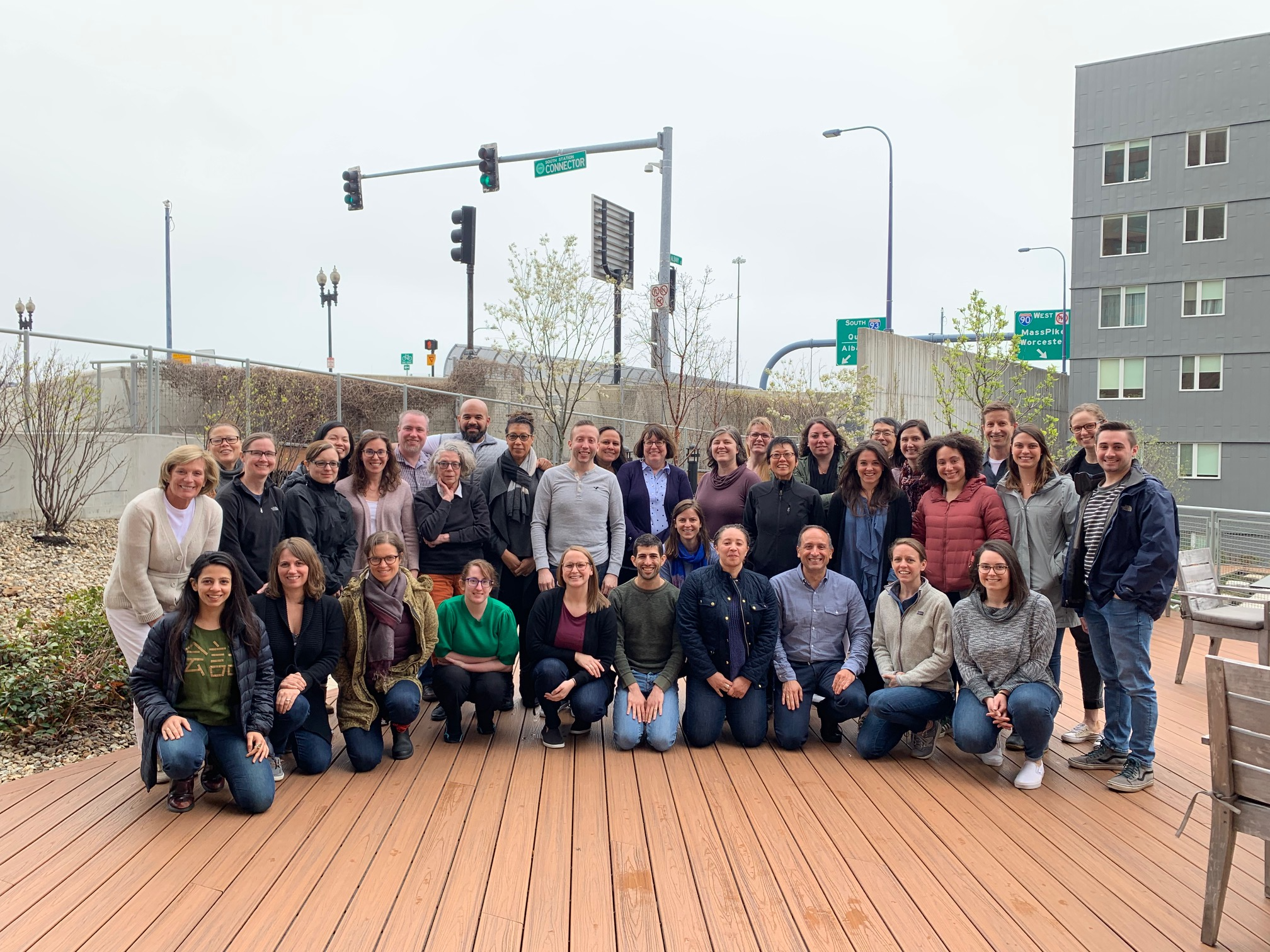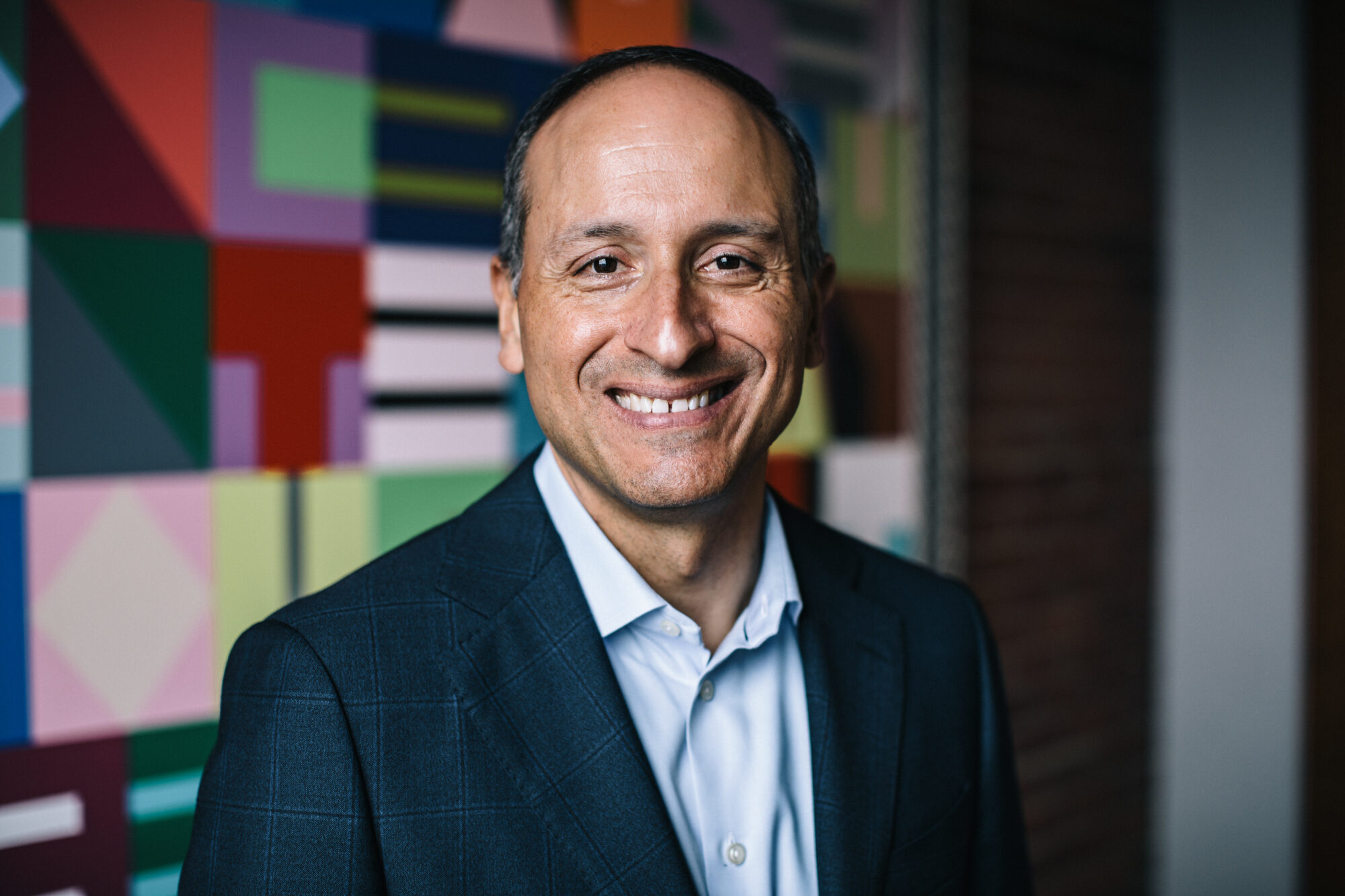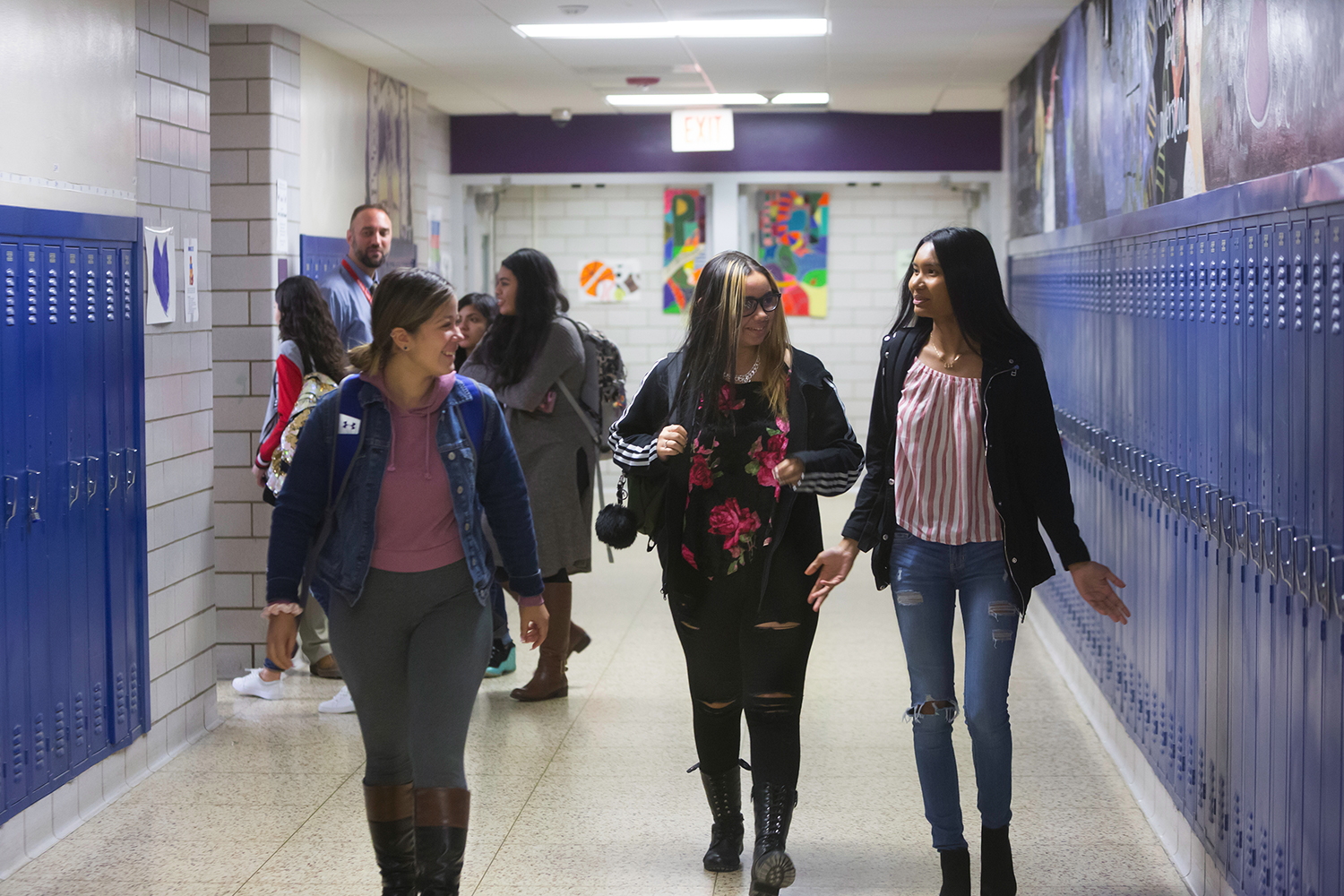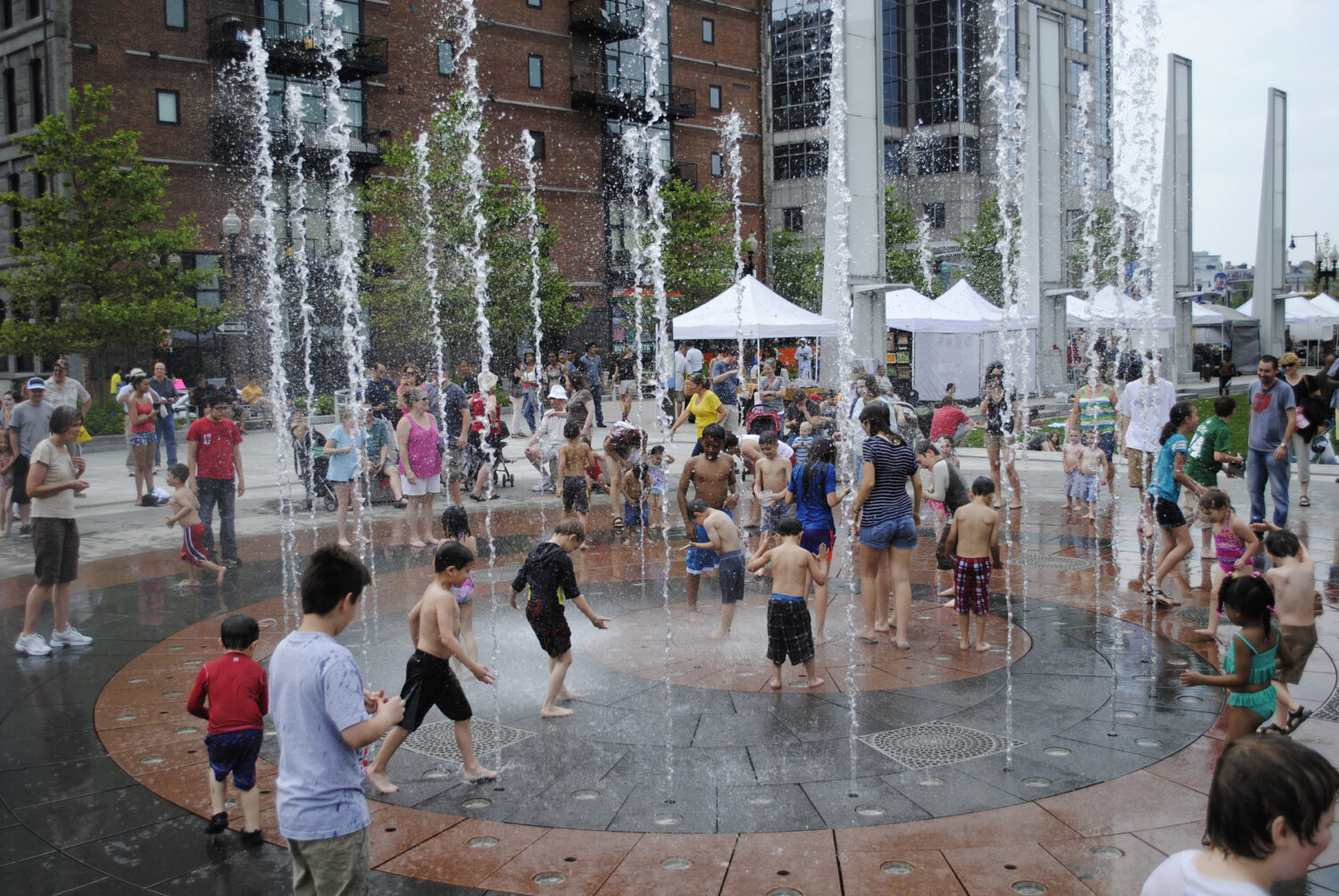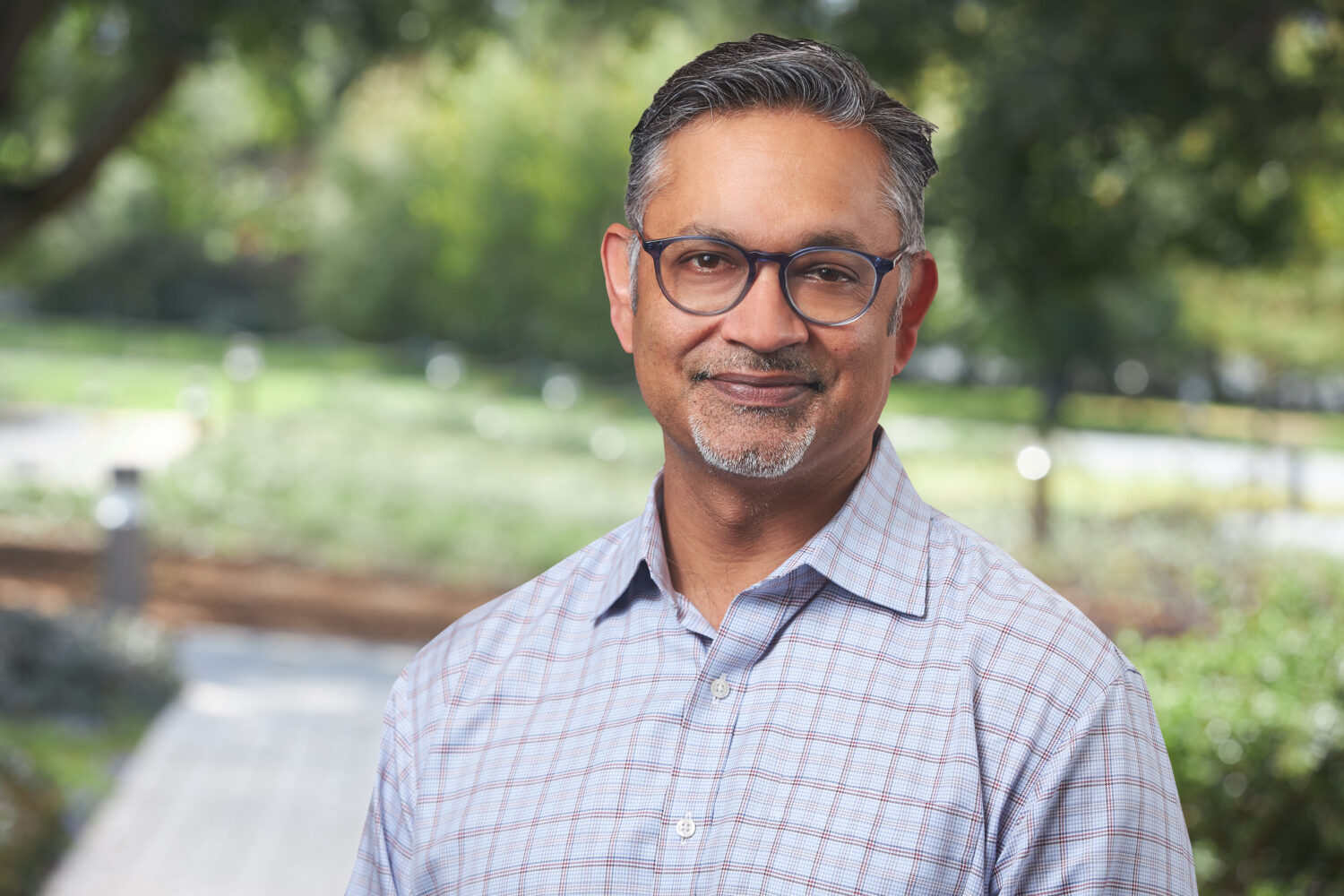The Barr Foundation’s mission statement can be distilled to three words: “invest in potential.” Simply put, we support efforts that expand potential as we aim to address those barriers that inhibit people and communities from reaching their full potential.
This focus on “potential” mandates that we continually explore how the principles of diversity, equity, and inclusion (DEI) advance Barr’s mission. Indeed, we embrace the value of diversity in all of its forms, the importance of inclusion, and the integration of equity in all of our work.
Acknowledging that our journey is ongoing, and that we remain a work in progress, I wanted to share a few reflections from the last 18 months, during which we have devoted considerable time as a staff and board developing shared vocabulary; learning about our (individual and collective) cultural competencies, biases, and blind spots; and engaging in the deep, and often uncomfortable and challenging, work that a commitment to DEI entails.
Over the course of 2020, my colleagues and I intend to share more about what we are learning and what we are doing as a result. To begin, I offer five key lessons to date from my vantage point:
Leadership engagement is crucial.
When we started this work, I consulted with foundation peers who had led organizational efforts related to DEI. There was one consistent lesson in all that I read and learned: for DEI work to result in meaningful change, leadership must create an “authorizing environment.”
Put another way, leaders can’t delegate this work; you have to be prepared to engage deeply and authentically, and to commit the requisite time that demonstrates this is an organizational priority. As a result, both our Vice President, Roger Nozaki, and I have served on Barr’s internal DEI Working Group. Our board chair, Barbara Hostetter, has also participated in all of the trainings, retreats, and working sessions we have organized for staff. Importantly, we have also engaged our trustees in reflections on our collective learning and its implications. In all that we have done, there has been no ambiguity about leadership commitment and buy-in.
This is long-term work.
Each year, I set out a series of priorities for the Foundation, which I share with staff in January. In effect, these serve as my goals as the leader of the institution and aim to provide clarity and direction about organizational imperatives. In January 2018, in identifying DEI as an organizational priority for our collective time and focus, I emphasized that it would not be a single-year effort. Indeed, DEI remained a priority for 2019. It will, again, be an organizational focus in 2020, with efforts underway across the foundation – both at the program level and in cross-functional teams – to ensure our internal and external work reflect our core values and commitment to continue learning together.
Toward that latter end, in spring 2020, we are committing to an all-staff learning journey to Montgomery, Alabama, to visit the Equal Justice Initiative’s National Memorial for Peace and Justice and Legacy Museum. Through this experience, we aim to deepen our understanding of the history of slavery and legacy of racial oppression and segregation, and the distinctive ways that various parts of the country – including New England – have contributed to and been shaped by this legacy; and to explore how this history and legacy link to the work of organized philanthropy and to Barr’s context in Boston and New England.
We will continue our learning this year, not just by taking this journey to the South, but also by devoting time in advance of this trip to a learning series organized by our colleague, Cecilia Hylton.As we do all of this, we fully acknowledge that an authentic commitment to this work means it is never really done.
You must become comfortable with discomfort.
In the latter part of 2018, we engaged two consultants with expertise in DEI and organizational change – Beth Zemsky and Parisa Parsa. They have been superb guides and allies for us and, from the beginning, have reinforced the need to become “comfortable with discomfort.”
This has proven an important admonition, especially as we have surfaced aspects of our own culture, policies, and processes that are counterproductive to our values and goals (for example, a tendency to minimize conflict, if not avoid it entirely). When staff have been courageous enough to voice concerns, it has created challenging moments. Yet, these moments have also presented rich opportunities for learning and growth. For me, hearing some of the challenges and experiences described by my colleagues was difficult, as it forced me to question my own leadership and whether I had been sufficiently attuned to what my colleagues were experiencing. I have learned a great deal by listening, and allowing myself to sit with my own discomfort, rather than quickly moving to activate solutions.
Internal work must translate to action.
All of this work is in service to our mission of investing in potential, and to being a constructive partner to those we support. If this exercise with DEI remains solely focused on our own organizational dynamics and culture, it will be incomplete. The ultimate value of this investment of time and organizational energy will be in how much more effective we can be at “investing in potential” – and how it informs the decisions we make about our grantmaking strategies, who we support and how, and how we engage in partnership. This will be an area of focus for us in 2020, and we will have more to share over the course of the year.
A commitment to humility is essential.
One of our core values at Barr centers on humility, where we state: “we approach our activities with respect for our partners, an understanding that solutions reside with those we serve, and recognition of the privilege inherent in philanthropic work.” As Bryan Stevenson, Founder and Executive Director of the Equal Justice Initiative, rightly notes, a commitment to humility is essential in DEI work:
It is that spirit that has informed our work to date, and I am confident we will be both a better organization and a more effective partner to others as we continue on this important and transforming journey together.
We are eager to share our perspectives with you, and we welcome your advice and observations as we continue our effort to listen, to learn, and to act, with the requisite humility that acknowledges we don’t have all of the answers, and the clear expectation that we will continue to improve as we learn and engage more deeply in this vital work.
